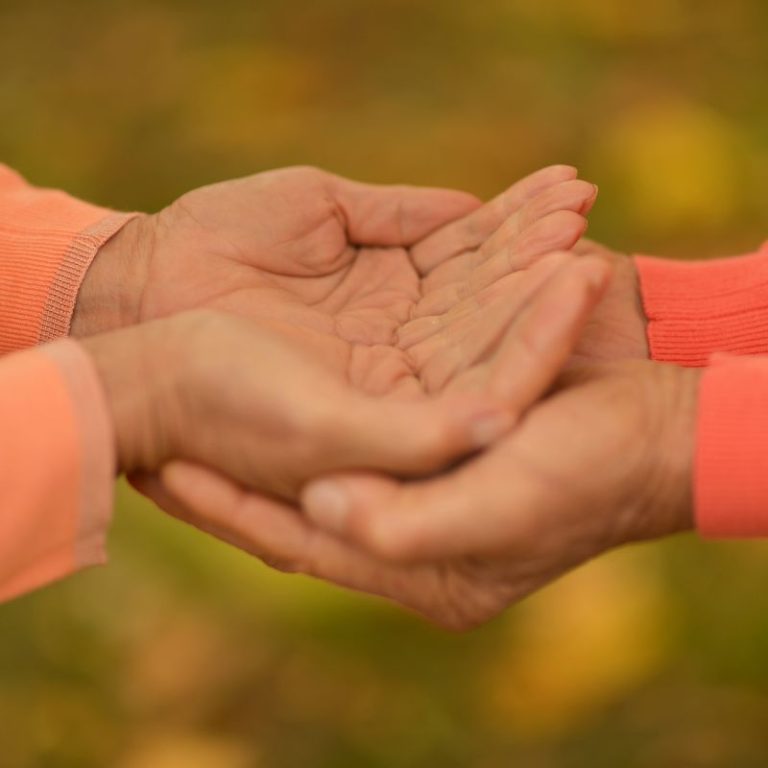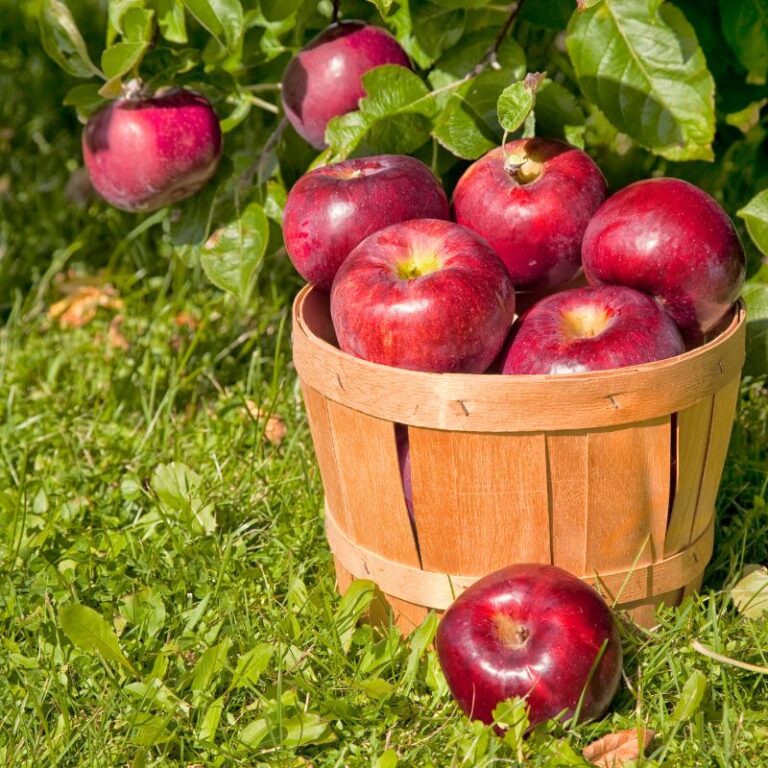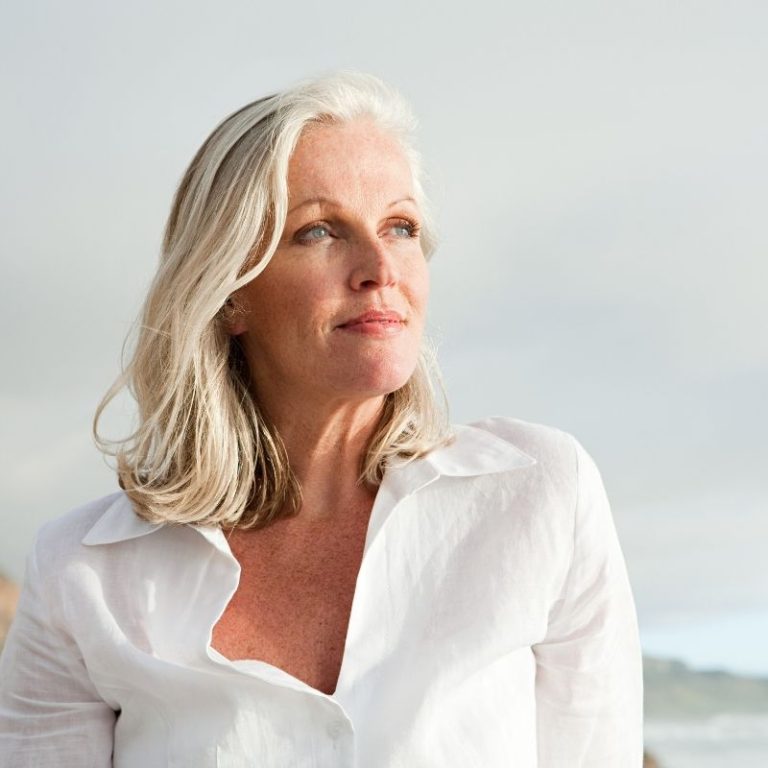It Takes A Village
A recent video done by Taylor Calmus aka Dude Dad reflected on the perfect number of children for a family. Taylor, who is the same age as my son, also has three children, as do I and his wife’s family of origin. I posted the link to our family messenger page. We all had a good laugh.
According to the video, the average number of children per family is 1.8 and the concept of having three or more children would be considered insane among the millennial generation. The antics of Taylor’s children featured in the video mirror the behavior of most young families,’ exhausting and chaotic with a healthy dose of egocentric expectations of children toward their parents and the world in general. Hiding out in his garage to film his video, Taylor takes a rare, brief moment of calm to offer encouragement to other young parents such as himself to appreciate these, gone in a blink, moments of day-to-day family for this too will pass. 🙂
A smug been there, sure glad I’m done with that wisped across my lips. If you think dealing with a three-year old’s tantrum, wait until they’re thirteen. It’s hard to find appreciation when you’re worn down from exhaustion. I may not remember all the cutesy or infuriating details of raising pre-elementary age kids, but I remember the general, persistent, overwhelming sensation of fatigue and stress. A recollection brought to the forefront of my mind a weekend ago when my husband and I traveled to our son’s home to babysat our three grandkids providing our son and daughter-in-law a much-needed respite. We weren’t home more than five minutes before crashing on the bed, sleeping until the next workday.
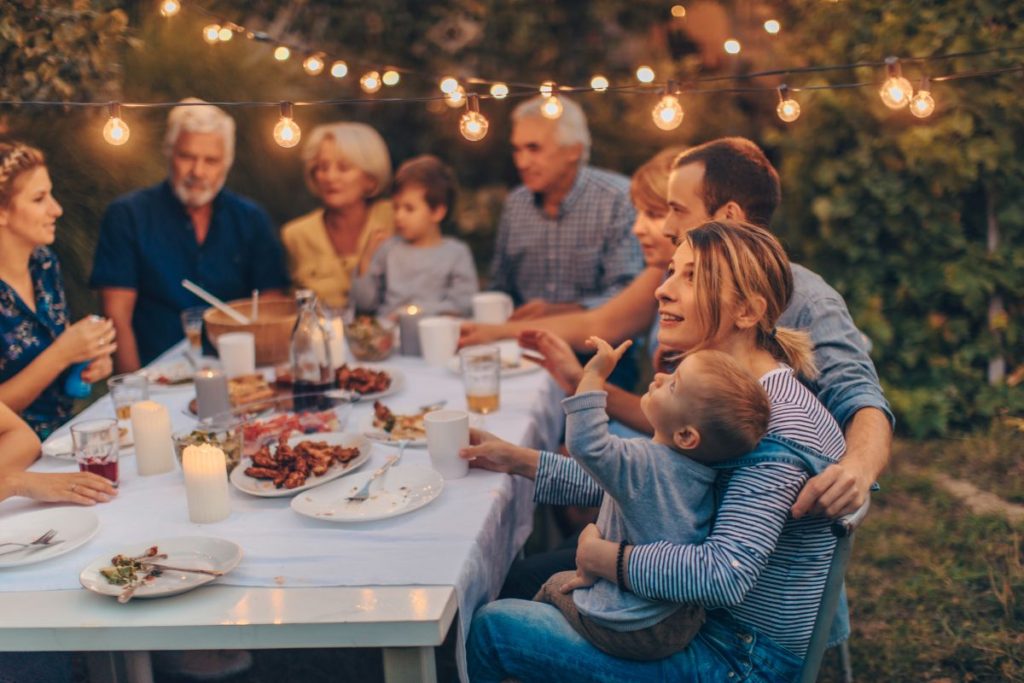
It Really Does Take A Village
When my son asked for this favor, I thought he must still be thinking the world revolves around him. Until I recalled my own desperate ask from my in-laws who had done the same for us. It was hard to say no. As meddling as I’d often considered my in-laws, the lifeline they’d given to us that weekend was appreciated more than words could ever convey.
There are many humorous aspects in the Dude Dad video depending on your perspective. For me, Taylor’s wishful fallacy that there was any sort of ending to family pandemonium or the fatigue had me in stitches. In truth, it takes more than a mom and/or dad to manage the conundrum of raising children. It takes a village. No matter how many kids you have, the appearance, content and intensity may change, the anxieties of raising them right, never goes away.
How It Was When I Was Growing Up
Growing up on the tail of the boomer generation or a Genjoneser as we are more accurately described, we’d experienced a sharp shift in family during the Farm Crisis of the 1980’s, a big deal in the community where I grew up in. Large families once required to work and maintain the family farm could no longer sustain or support a generational family. Let alone a large number of children, thus altering the definition of family to nucleus; mother, father, child.
Economic hardship forced families from the land which had been handed down two, three, four generations. And small rural communities all but disappeared due to a mass exodus of its youth. Effectively destroying succession planning, tradition and family wealth. It hit home-hard. Not since the Great Depression had people been scattered like dust in the wind searching for a self-supporting, sustainable means of paying the rent and putting food on the table. More often than not, this career path led many adult children such as myself hours away from family roots and the immediate support raising children by grand and great-grand parents, siblings, aunts, uncles and cousins.
A poignant example of this fundamental consequence was illustrated in season 2, episode 4 of Reservation Dogs. A young girl cuts her trip to California short upon learning of her grandmother’s terminal illness. Returning home, she vacillates between her dream of leaving the reservation for a better life and the overwhelming support she receives from her community. Thrusted into the adult role of hosting grandmother’s vigil, she’s surrounded by family and friends cooking, drinking, praying but mostly sharing stories of a generation she knows little about. I found the tradition of setting out the “spirit plate,” exemplified the simple notion of “showing up,” isn’t enough. We have to let the person know we are there for them in words as well as deeds.
While keeping her emotions in check, the young girl listens and observes the leadership of the indigenous matriarchy, absorbing their experiences and regrets regarding their own struggles finding a balance between tradition and making a life of their own. She learns how to effectively deal with the lateral violence from an old friend toward her new friend. The men mostly sat around, uncertain of their role, boasting of their past shenanigans. Yet in speaking these truths some of the men come to realize that unless things change, life with fall apart for their children just as it had for them.
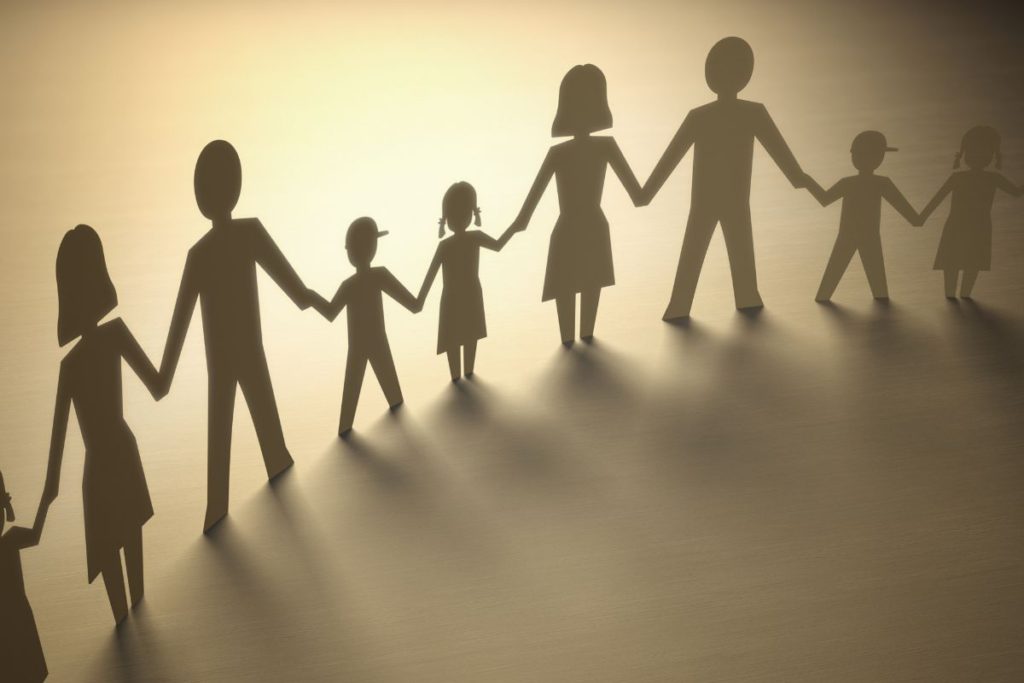
In Closing
As a person who does not control one percent of the world’s wealth, I have miniscule control in the grand scheme of things. Whether it’s the economy, politics, climate change or the ‘isms, consuming our world, my influence is extremely limited. But what I can impact is making a better future for my subsequent generations.
By showing up, I can demonstrate compassion and respect while responding to my children’s call for help. I can offer teaching and guidance in caring for my grandchildren. Share my shortcomings as well as my successes. I can refrain from judgement as they make and hopefully learn from their own mistakes. Support them in their dreams, yet leave a light on if they need a place to stay. I can open my mind and heart to a new way of thinking. Pass on traditions. And I can tell them I love them.
There is no perfect number of children in a family. Just as there is no escaping the pandemonium, stress and fatigue in raising them. There are only brief respites attained through our experiences, traditions and the acceptance of help from our families, providing the ever-delicate balance between peace and chaos.


